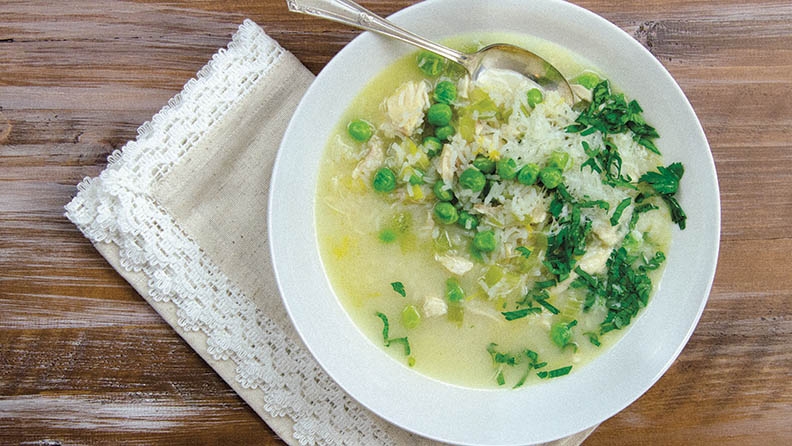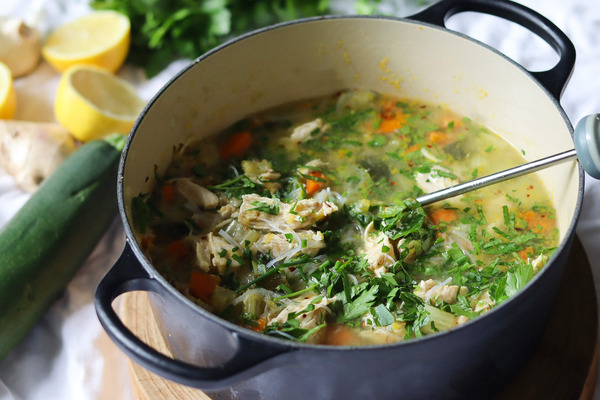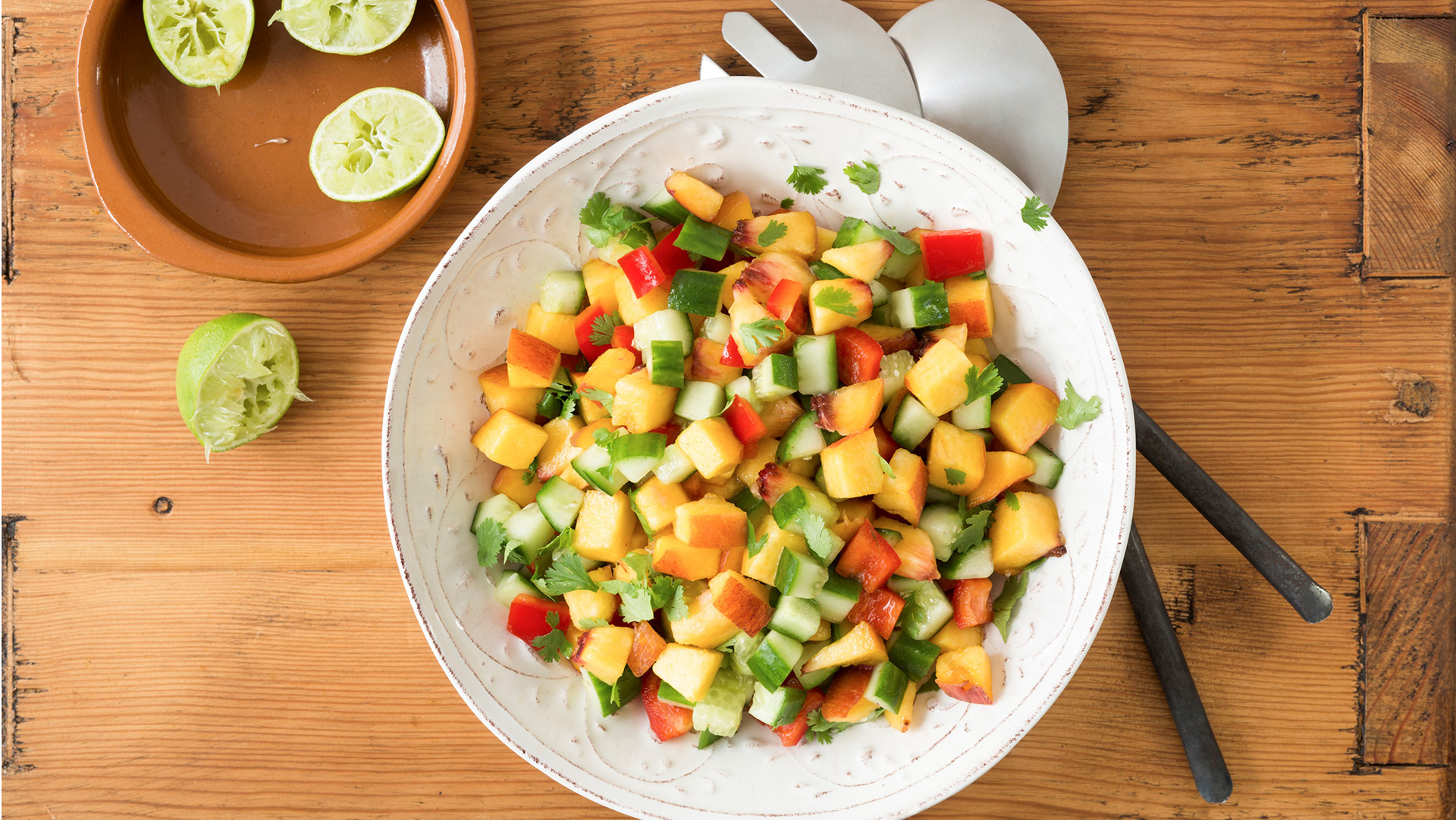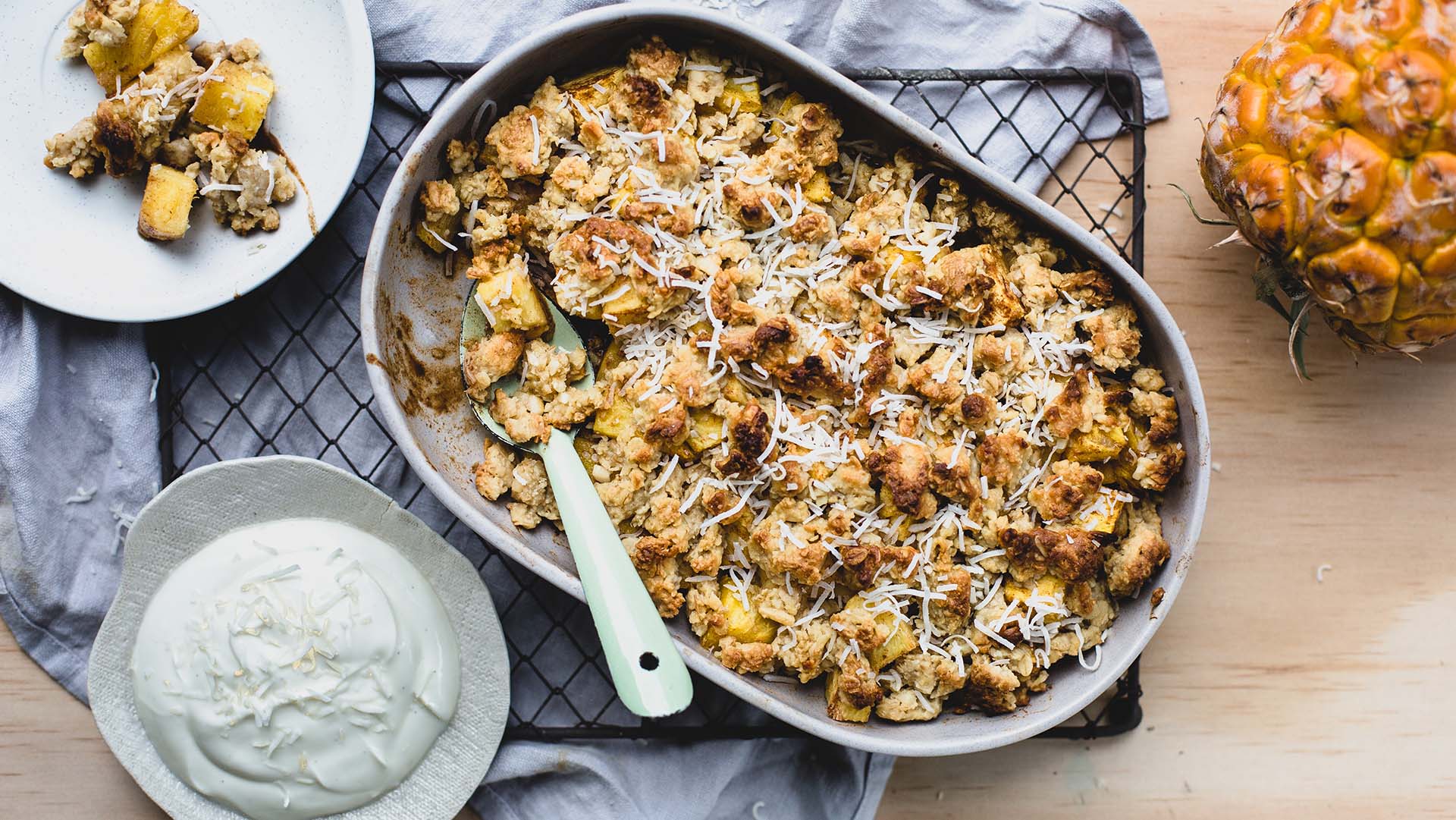-
We are far from alone. On every available outer and inner surface of our bodies, throughout all our pores and membranes, lives a staggering array of bacteria.
The biggest population of microbes live out their lives in the dark and oxygen-deprived world of the large intestine. Rarely the subject of polite conversation, the large intestine was once considered to be little more than a temporary holding bay as foods pass digested from the small intestine through to the inevitable number twos.
Yet these trillions (to be more precise, more than 1012) bacteria make up an incredibly complex ecosystem. It’s estimated that the typical large intestine has more than 5000 different species of bacteria at any given time.
Each bacterium then lives in close proximity to its neighbours, with bacteria either competing for the same food resources or complementing each other by taking advantage of waste products of other bacteria.
Just like your fingerprint, each person on the planet has a slightly different gut microbial population. This is often called the gut microbiome.
"Almost three-quarters of the immune cells of the body are located around the intestines, particularly the large intestine."
Gut bacteria and health
Exactly what these bacteria do and whether they are important to human health remains a complex riddle. But there is compelling evidence that disturbances in gut and metabolic health are associated with alterations in types of bacteria living in the large intestine.
While the link between gut bacteria and bowel conditions such as inflammatory disease is not clear, it has been found that pathogenic bacteria, or those that can cause disease, are more common in people with these conditions. The action of these bacteria may extend through to all aspects of health.
Almost three-quarters of the immune cells of the body are located around the intestines, particularly the large intestine. Here, there is cross-talk with immune cells, with altered bacteria, which may trigger responses ranging from allergies to chronic inflammation.
"People with a rich plant based diet have the most complex bacterial populations, with far more of the beneficial bacteria and low levels of potentially harmful bacteria."
Feeding your healthy gut bacteria
It makes sense then to try to keep the beneficial gut bacteria happy and well fed. Just like a garden, the bacteria in the large intestine need regular fertilisation and a good mulching.
What do they like to eat? Many of the bacteria that have been established as healthy love their veggies, particularly the complex antioxidants and polyphenolics found in leafy greens. People with a rich plant based diet have the most complex bacterial populations, with far more of the beneficial bacteria and low levels of potentially harmful bacteria.
The other great delight of our gut bacteria is indigestible carbohydrates, otherwise known as dietary fibre. It’s fibre to our digestive enzymes, but for the bacteria it’s a wonderfully rich source of energy.
Complex carbohydrates, including whole grains, legumes, beans and nuts provide the rich nutrient mix that keeps the bacteria very happy. The other benefit is that this whole digestive process keeps the large intestine moving along and relieves the risk of constipation.
It can be guessed that highly processed fatty foods, a high protein diet and alcohol are not treated with the same enthusiasm by the bacteria, with the loss of bacteria complexity and an increased likelihood for fewer and potentially disease-causing bacteria to survive.
Learn more at Gut Microbiota for Health.
A guide to good guts
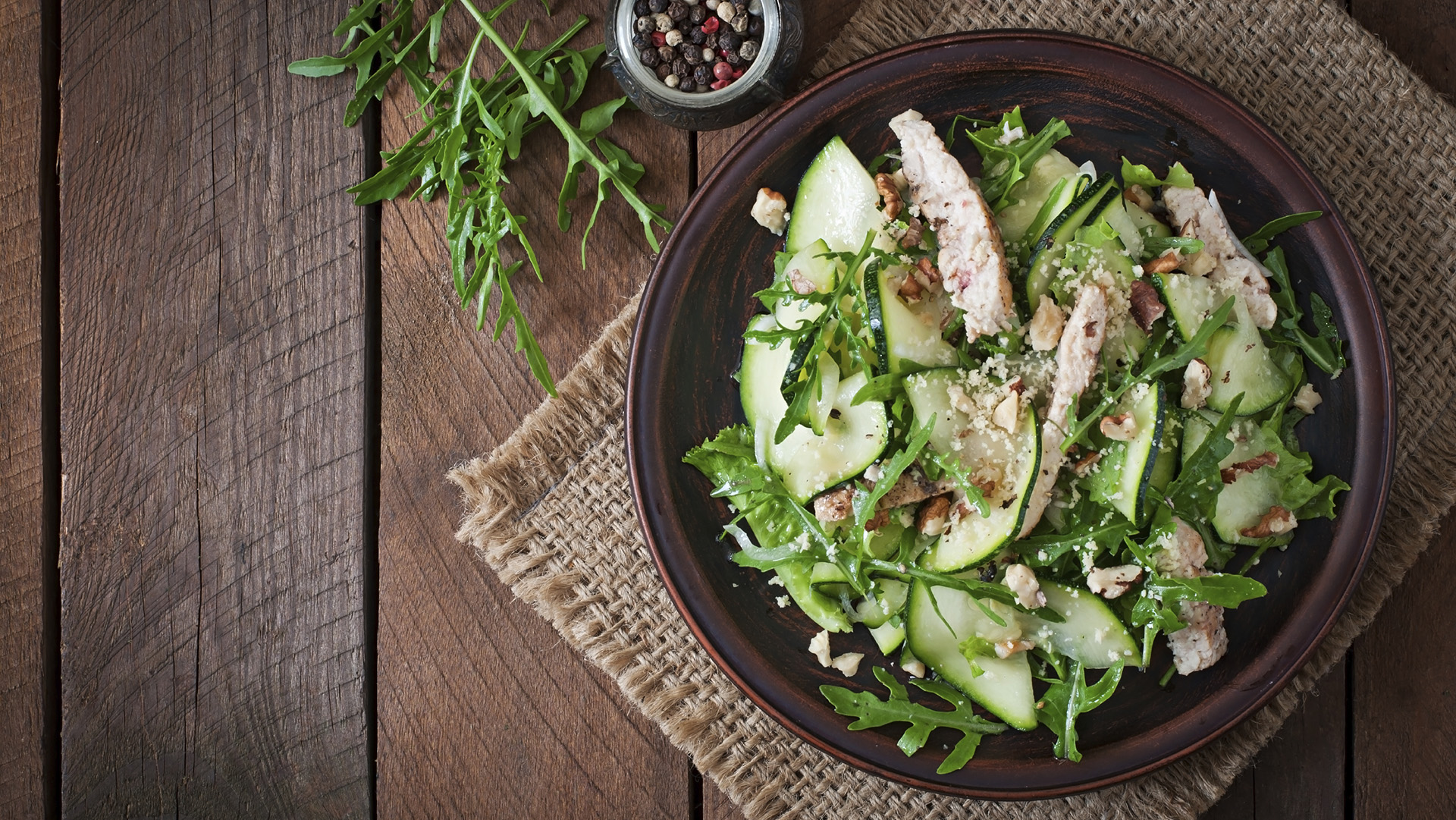
-
Is sharing a meal the secret ingredient to a happier life?
Why social connection may be the most important ingredient on your plate.
-
Chicken soup with parmesan, rice, peas and lemon recipe
Nourishing chicken soup
-
The best immunity-boosting foods
Key nutrients to focus on that could help to boost your immunity, and the how to get them.
-
Comforting chicken noodle soup
Packed with anti-inflammatory ingredients including leek, garlic and ginger, this chicken noodle soup is hearty, full of goodness and great for any night of the week.
-
Peach salsa recipe
Zesty and unusual peach salsa recipe
-
Pineapple gingerbread crumble recipe
A summer riff on a winter classic.
Subscribe to receive the best from Live Better every week. Healthy recipes, exercise tips and activities, offers and promotions – everything to help you eat, move and feel better.
By clicking sign up I understand and agree to Medibank's privacy policy


